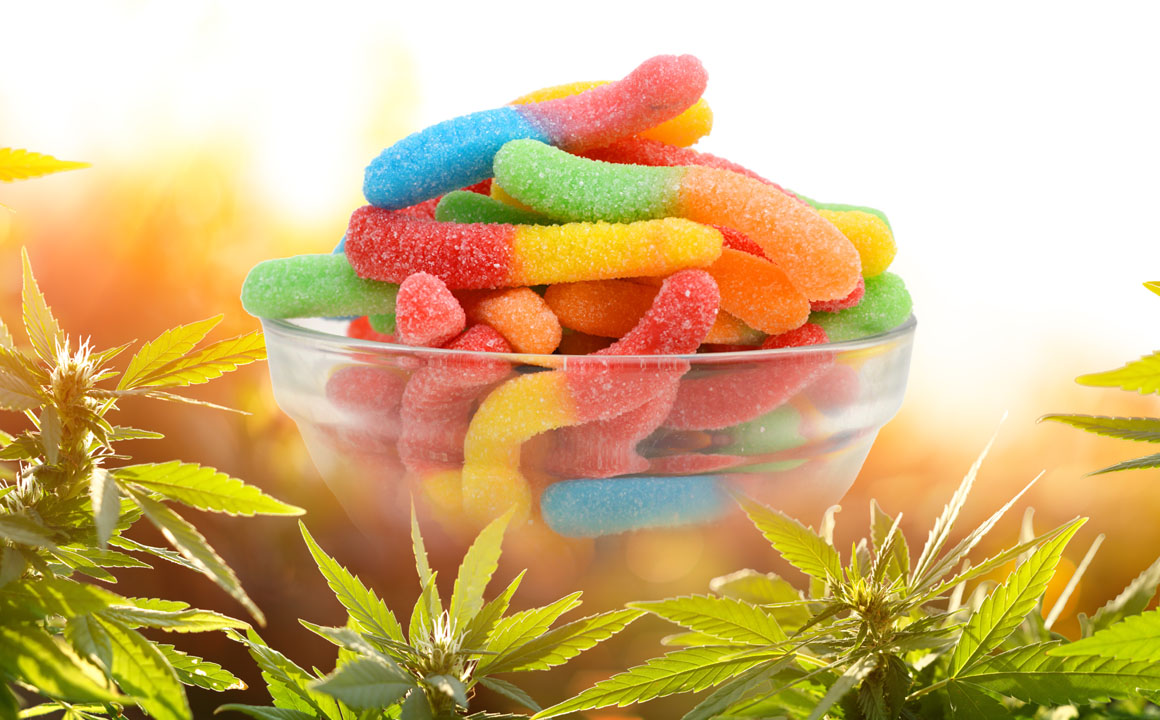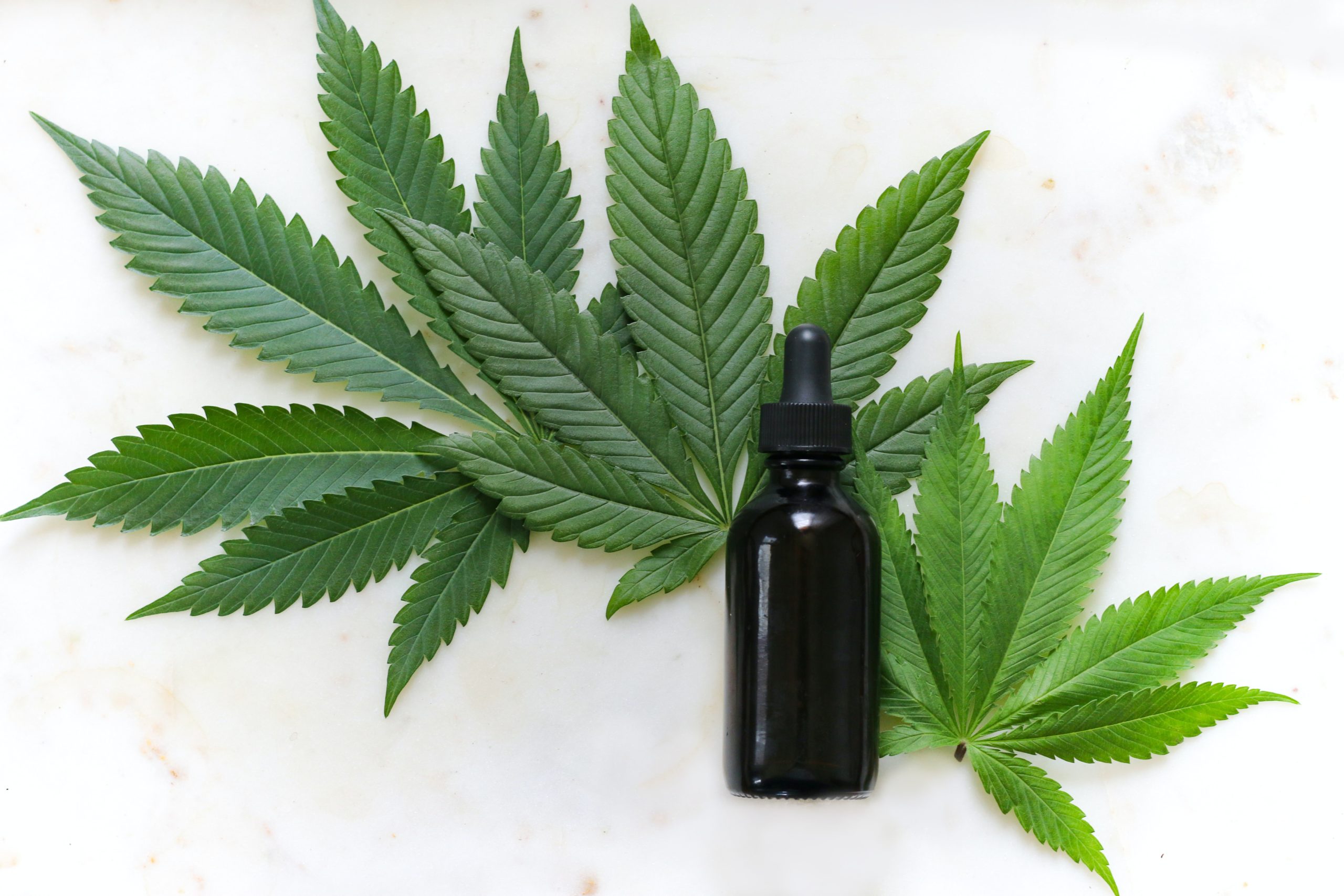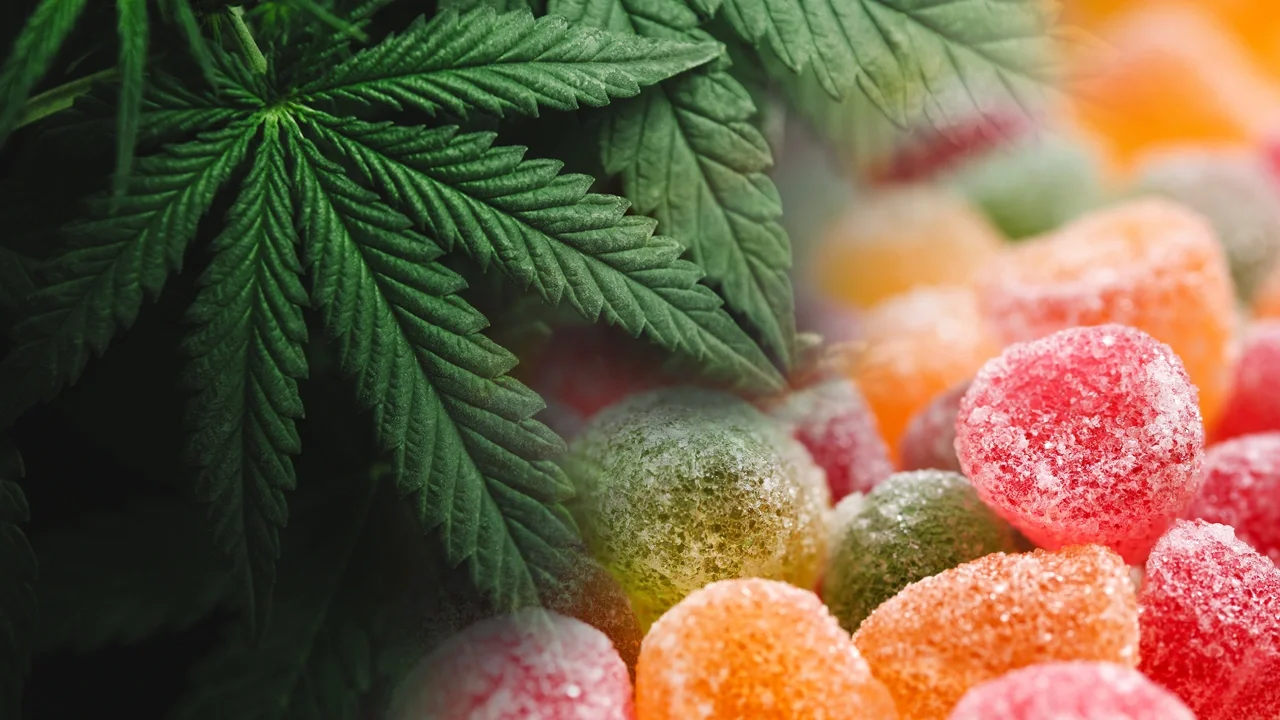1. Previene l’irritazione polmonare
L’assunzione di commestibili CBD riduce il rischio di irritazione polmonare. La maggior parte delle persone preferisce usare penne a vapore per ottenere benefici CBD più rapidamente. Anche se questo aiuta a ottenere gli effetti CBD più rapidamente, ha alcune implicazioni a lungo termine.
La maggior parte delle penne a vapore ha aggiunto agenti diradanti come polietilenglicole (PEG) e glicole propilenico (PG). Gli studi dimostrano che questi agenti generano agenti cancerogeni tossici che causano irritazione polmonare quando vengono riscaldati. Pertanto, l’assunzione di commestibili contenenti CBD potrebbe aiutarla ad abbassare il rischio di inalazione di questi composti tossici diradanti.
2. Sollievo di lunga durata
Se non vuole inalare le penne a vapore di CBD o fumare cannabis, può prendere in considerazione l’assunzione di commestibili di CBD. Questi commestibili impiegano un po’ di tempo prima di poter sentire l’effetto CBD, in genere da mezz’ora a due ore. Tuttavia, i loro effetti durano più a lungo. Ci sono molti alimenti che contengono il composto attivo. L’effetto CBD viene rilasciato lentamente man mano che la digestione continua, con conseguente esperienza di sollievo di lunga durata se assume questi alimenti.

3. Facile da fare
Fare questi commestibili non è affatto difficile. Alcune persone preferiscono fare i propri commestibili contenenti CBD a casa per risparmiare sui costi generali. Cucinano o cuocono i loro cibi o fanno bevande di loro scelta e in seguito aggiungono estratti di CBD. Al giorno d’oggi, le persone possono acquistare cristalli di CBD online o in vari negozi locali di cannabis. La parte migliore sulla produzione dei tuoi commestibili infusi di cannabis è che puoi controllare facilmente la quantità di CBD che usi.
4. Non sono psicotropi
Sebbene questi commestibili contengano un certo livello di cannabis, non hanno alcun effetto psicotropo, cioè “sentirsi alti”. I commestibili forniscono un miglioramento dell’umore all’utente e migliorano l’energia positiva e di allerta. Dal momento che i commestibili hanno natura di lunga durata, danno anche un sollievo prolungato a coloro che si occupano di stress quotidiani e dolori lievi. Generalmente, se si vuole approfittare di questa cannabis senza avere alcuna esperienza psicoattiva, si dovrebbe prendere in considerazione l’assunzione di questi commestibili.
5. Ti fa sentire bene
I commestibili contenenti cannabis hanno un composto chiamato THC che è ben noto per i suoi effetti calmanti e rilassanti. Il THC agisce sui neurotrasmettitori cerebrali producendo risposte di volo per contrastare livelli elevati di stress o ansia riducendo l’eccitazione autonomica e la frequenza cardiaca.
Le Commestibili CBD Negative Hanno Effetti Collaterali?
L’Organizzazione Mondiale della Sanità (OMS) ha classificato il CBD come un composto sicuro per tutti, indipendentemente dalla loro età. Tuttavia, sono stati segnalati alcuni effetti indesiderati lievi associati a questi commestibili, come diarrea, alterazioni dell’appetito, capogiri, affaticamento e bocca secca. Questi effetti indesiderati sono principalmente associati all’assunzione di una quantità eccessiva di CBD.
Come scegliere le edicole giuste per Lei
- Origine canapa – scegliere commestibili a base di canapa biologica.
- Selezionare il CBD estratto da CO2
- Acquista solo prodotti alimentari CBD testati in laboratorio
In Conclusione
I commestibili CBD sono un ottimo modo per godere dei benefici del cannabidiolo senza dover fumare o vape. Se siete alla ricerca di un modo semplice, conveniente e gustoso per consumare CBD, allora non guardare oltre i commestibili CBD.
CBD neuroprotective properties: concentration and memory
CBD – cannabidiol, a bioactive part of the Cannabis plant is becoming popular due to its potential benefits for the mind and body.
It would seem that CBD is useful for concentration and memory due to its neuroprotective properties. Some studies confirm a very interesting fact, that CBD plays an important role in mitigating the memory impairment induced by THC.
Implicitly, then, it is suggested that cannabidiol may have concrete properties to support the ability to retain memories.Concentration and Memory Lack of concentration can have troublesome impacts on humans, including loss of time and poor execution of one’s work.
Individuals affected by this condition, may run into endless fatigue that can only exacerbate the situation. As well as concentration, memory plays a vital role in everyday life. Whether in the work field or not, it represents an advantage that can come in handy in times of need.
It usually lasts about 60 seconds. Long-term memory is the ability to store and remember information for longer periods of time, indefinitely. Long-term memory can be further broken down into different categories, including explicit memory, implicit memory, and autobiographical memory.
Unfortunately, there are several diseases that take over this capacity. Preventing us from being able to relive our fondest memories, or even worse not being able to be autonomous. There is a small but growing amount of scientific evidence showing that CBD can help the brain and improve memory.
CBD has been found to promote neurogenesis and as a result reduce damage to cognitive function caused by age, disease, and trauma.

How does CBD work?
CBD interacts directly with dopamine in the brain, which is a chemical neurotransmitter responsible for memory, concentration and mental awareness. At the point when an individual possesses lower attention and concentration, this implies that dopamine levels are low.
Ingesting CBD does not allow for an irregular increase in dopamine levels in the brain. Instead, the correct composition of CBD oil from the right variety will help improve concentration and overall performance at school and at work.
Keeping the brain healthy as we age is crucial. In an aging brain, age-related cognitive decline is due to many factors ranging from genetics to lifestyle habits, it is also partly due to a decrease in neuroplasticity and neurogenesis.
Neuroplasticity is the brain’s ability to change and reorganize and is the process through which the processes of all memory and learning occur.
CBD also acts on trauma, i.e. unpleasant memories. Clinical studies carried out on people who have suffered post-traumatic stress, show how important is the mitigating and relaxing action of CBD in the removal of unpleasant memories.
Neurogenesis is the birth of new brain cells. Cbd with its neuroprotective properties assists the natural aging process, minimizing damage.
The first effects are stress reduction and a lowering of anxiety and fear.

Neuroprotective properties
There is a study, published in 2010 in The British Journal of Psychiatry, in which the effects of CBD and THC on acute memory were compared.
This study revealed that THC (tetrahydrocannabinol) and CBD (cannabidiol), have different effects on a person’s brain.
In the brain, THC and CBD act on some of the same receptors – CB1 and CB2 – these receptors affect appetite, pain, memory, and mood.
Scientists believe that CBD’s neuroprotective effect is due to its action on CB2 receptors. It acts on this particular receptor to generate anti-inflammatory responses in brain cells, therefore, minimizing the damage that could be caused by inflammation.
A study published in Frontiers in Pharmacology, for example, shows how CBD promotes neurogenesis (neuronal growth and regrowth): basically it reduces and prevents the deterioration of cognitive function.
The analysis deals with the properties and possible developments of CBD as a neuroprotector in relation to brain damage.
We can state that CBD, often demonized because it is associated with cannabis, should not be seen as a drug that impairs memory.
On the contrary, being composed of many active ingredients and cannabinoids, it turns out to be a carrier of favorable effects on our body.
The analysis deals with the properties and possible developments of CBD as a neuroprotector in relation to brain damage.
They will also be able to assist in the reduction over time, of cognitive disorders related to some neurodegenerative diseases.





